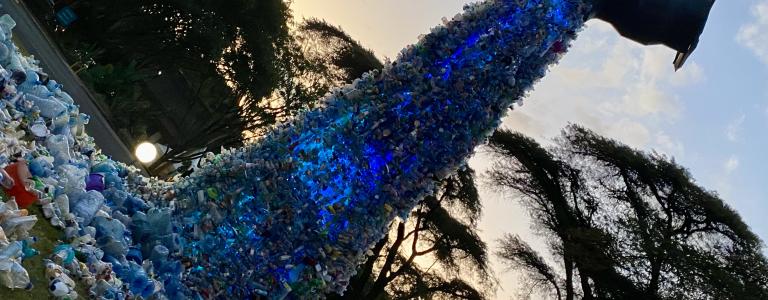What to Expect at Plastics INC-4
Q and A with Tallash Kantai of Earth Negotiations Bulletin
The day after the world marks Earth Day 2024, negotiators from around the planet will sit down in Ottawa for the latest round of talks on an international legally binding instrument to end plastic pollution. How have past talks gone and what expectations should we have for this round of negotiations? The neutral reporting service Earth Negotiations Bulletin has followed the plastic pollution treaty talks from the start and their team leader, Tallash Kantai, offers her insights.
What is the Plastic Pollution Intergovernmental Negotiating Committee all about?
The United Nations Environment Assembly (UNEA) is the highest global environmental decision-making body, with representatives from all UN member states meeting to agree on shared environmental actions. In March 2022, the Assembly adopted a resolution to develop an international and legally binding instrument to “end plastic pollution, including in the marine environment.”
This instrument will likely be a new global treaty. Diplomats have met as an Intergovernmental Negotiating Committee (INC) three times since to discuss what this could include: what specific plastics should be controlled, how could implementing a new treaty be funded, if different countries will be able to set different limits, and so on.
The Assembly gave 2 years for these talks to occur—an ambitious timeline! Diplomats at the fourth session (INC-4) will be very aware their time to agree on text for a new instrument is running out.
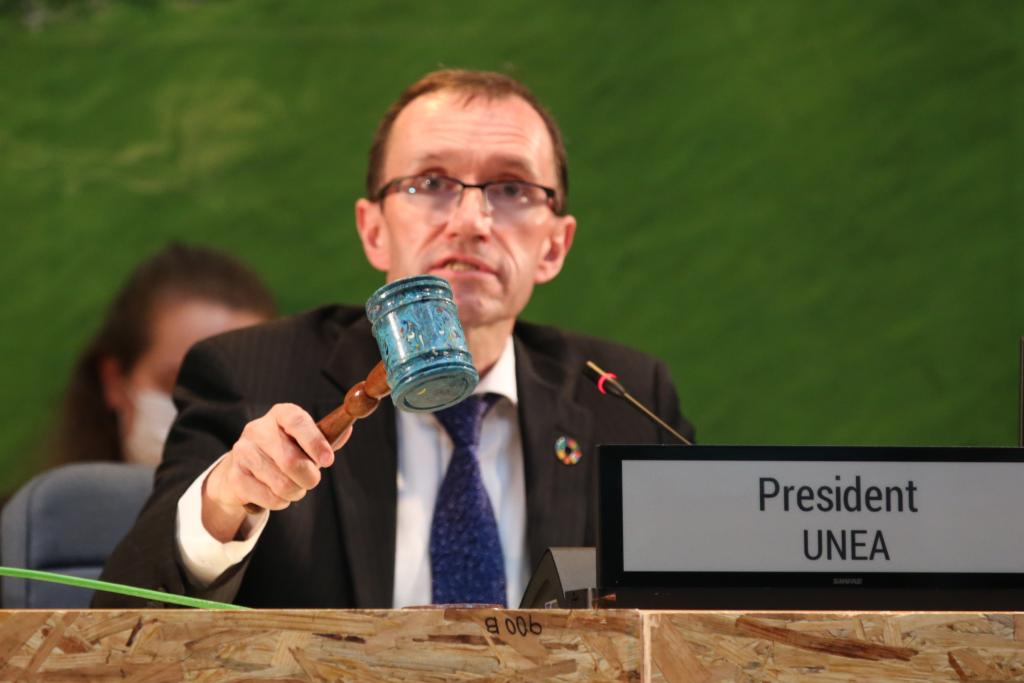
When and where will INC-4 take place?
INC-4 will take place in Ottawa from April 23 to 29, 2024. Diplomats, civil society leaders, business groups, and other stakeholders will fly to Canada’s capital to join this second-last round of talks.
After INC-4, diplomats will have one final round of talks in their mandate—which is currently scheduled for November 25 to 1 December 1, 2024, in Busan, South Korea—before they are expected to send text back to UNEA for discussion and (in theory) adoption.
What is the current state of the text they are writing?
You can think of the latest “Revised Zero Draft” as a compilation document containing many different positions expressed by delegates. It contains possible options for
- the primary provisions of the new instrument, including the preamble, objectives, principles, and scope;
- the management of plastic along its entire life cycle (primary polymers, product design, and waste management, as well as extended producer responsibility, trade, and existing pollution);
- implementation means (financial, capacity building, technology transfer);
- implementation tracking (reporting, compliance, and international cooperation);
- institutional arrangements (governance, subsidiary bodies, and the Secretariat).
In international negotiations, when text hasn’t been agreed yet and is under consideration, it is kept in brackets and referred to as “bracketed text.” Looking at the latest Revised Zero Draft, we can see much of the text is in brackets, and delegates have a steep climb ahead of them to reach agreement.
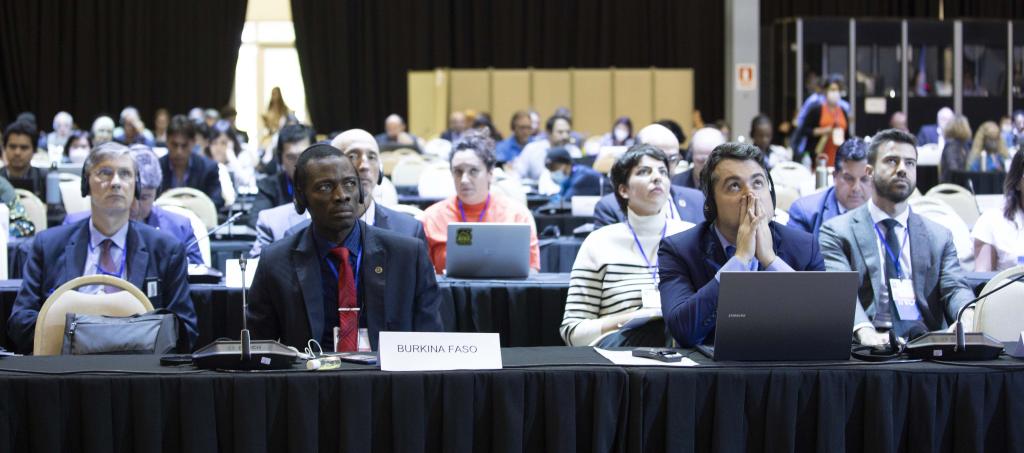
What is at stake when it comes to ending plastic pollution globally?
Plastic pollution is a serious concern worldwide. Plastic waste ends up in oceans, lakes, and rivers, hurting animals and polluting the environment. This pollution affects human health, food systems, and water sources. We keep learning more about how pervasive plastics are now in our bodies and our world—and what impact they’re having.
At the same time, plastics are deeply integrated into much of the global economy. Eliminating plastic pollution has massive financial and trade implications and will impact how we deliver health care, grow food… almost every system we have.
What are the positions countries are likely to take during INC-4?
During the last round of talks, two major camps emerged with different positions.
The first camp is a group of countries who want the new instrument to only focus on waste management, long after plastics have been produced. This group of countries—some referring to themselves as the Global Coalition for Plastics Sustainability—are interested in national or regional measures to manage plastic waste, with a potential for global reporting.
The second camp are countries in the High Ambition Coalition. Chaired by Rwanda and Norway, this group is interested in tackling the whole life cycle of plastic—not only plastics’ use and disposal, but also their creation. These 65 countries want the instrument to address product design as well as what chemicals and harmful materials are added to plastics in their production. They’re also interested in holding companies accountable for the plastics they produce, a concept that’s called extended producer responsibility (EPR).
Despite the gulf between the different approaches, it appears likely all parties are likely to agree on waste management—an issue which raised fewer concerns during INC-3. Importantly, the stances of both the United States and China are unknown. On top of other factors, the two countries are the largest producers of plastic and plastic pollution.
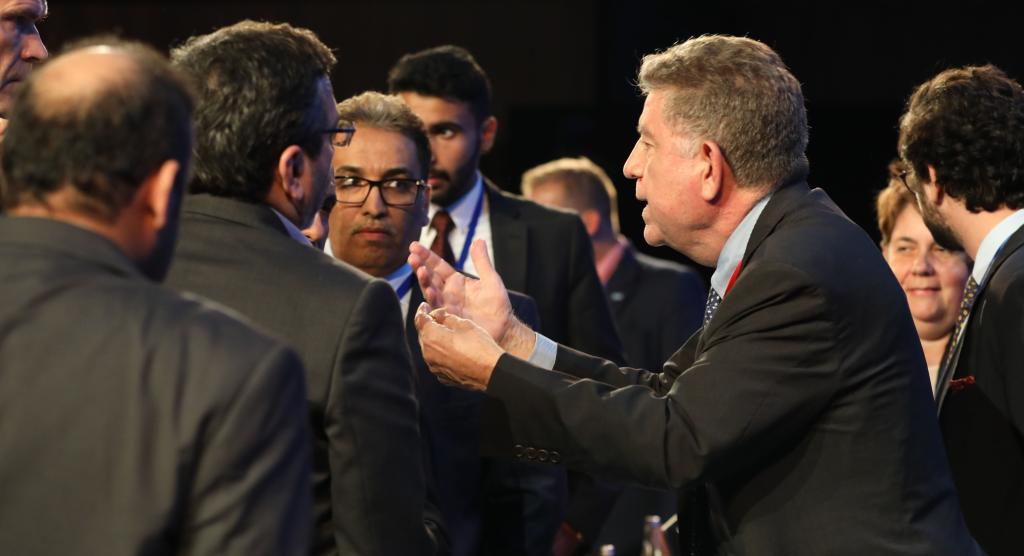
This round of talks is taking place in Canada. Where does Canada stand?
As a member of the High Ambition Coalition, Canada expressed support in previous talks for an instrument to facilitate a systemic change, supporting concrete and complementary actions across the full life cycle of plastics. Given the country’s leadership of the G7 Ocean Plastics Charter, it’s possible we’ll see Canada try to provide guidance on specific areas in plastic waste management.
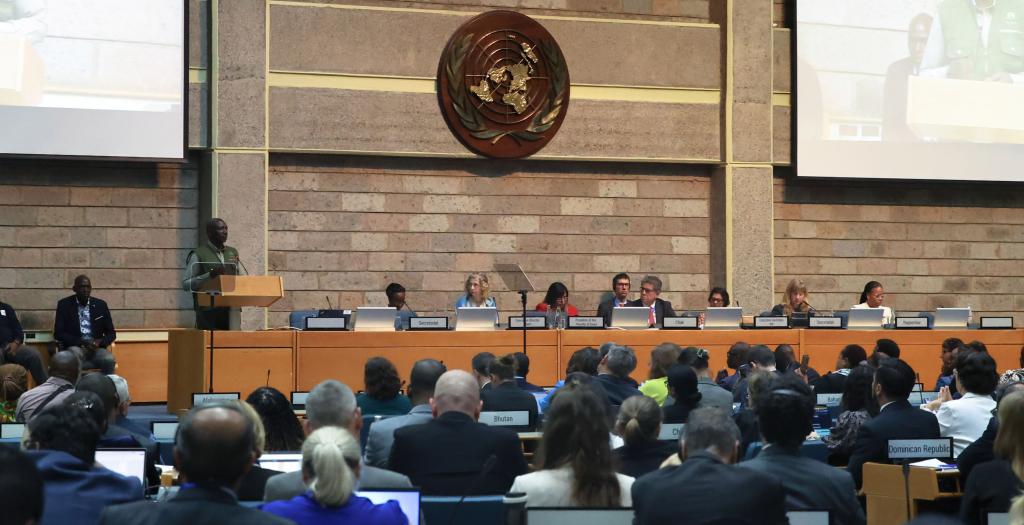
How ambitious could a plastics treaty be?
There are roughly three options. The least ambitious treaty would let each country or region handle its own plastic waste with national or regional rules. It would deal purely with the “downstream” issues of plastic pollution rather than “upstream” issues of how plastic is produced—and how much waste is generated.
A medium-ambition-level treaty would set worldwide standards for product design of long-lasting plastic items. It would include some elements to limit plastic production, ban harmful chemicals and materials, and deal with waste management.
And finally, the most ambitious treaty would create a global set of legally binding rules to govern virgin plastic production, problematic polymers and chemicals of concern, product design, how businesses are held accountable for the plastics they create, and how waste is managed. It would consider the entire life cycle of plastics to comprehensively address the scourge of plastic pollution.
You might also be interested in
Fresh negotiations on UN High Seas Treaty begin in New York. Here's what to expect
A new round of negotiations on the much-awaited United Nations High Seas Treaty for conservation and sustainable use of marine biological diversity of areas beyond national jurisdiction (BBNJ) began in New York February 20, 2023.
Marine Protected Areas Congress Seeks To Protect 30% Of Global Ocean By 2030
Ocean conservation professionals and high-level officials are meeting in Vancouver, Canada, this week to chart a course toward protecting 30% of the global ocean by 2030.
What to Expect at Plastics INC-5
Q and A with Tallash Kantai of Earth Negotiations Bulletin on INC-5.
What Will Happen at COP 29?
Talks at the 2024 UN Climate Change Conference (COP 29) will range from defining a way forward on finance through a new collective quantified goal (NCQG) to mitigation, and loss and damage. Ahead of negotiations in Baku, IISD’s Earth Negotiations Bulletin Team Lead Jennifer Bansard examines the agenda and breaks down what to watch as eyes turn to Azerbaijan.
